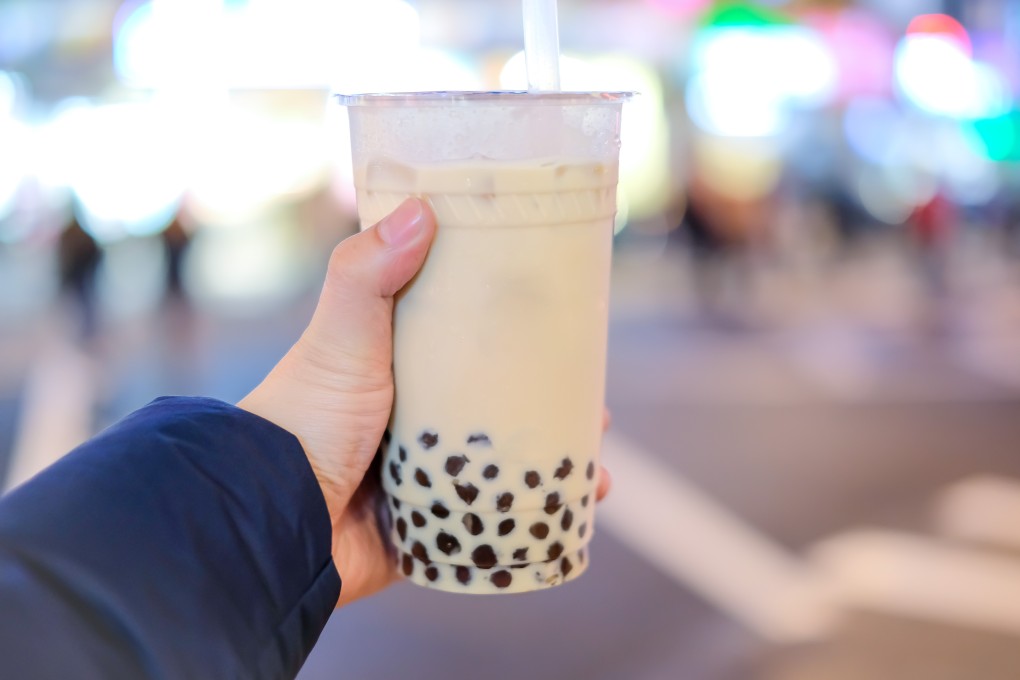All the bubble tea recipes in China turn up online, but will brands bite back?
- Sellers claim to be offering genuine guides from bestselling Chinese chains
- Some lovers of the milky, sugar-filled drinks are tempted, while others are sceptical

Some of China’s most popular bubble tea recipes are being sold online – although sceptics are questioning their authenticity and usefulness.
Originally from Taiwan, bubble tea – a tea-based drink with milk, sugar, chewy tapioca balls and other flavourings – has become a craze among young people on mainland China.
With prices ranging from 40 yuan to 176 yuan (US$6.50 to $25), recipes from the country’s hottest bubble tea chains – including HeyTea, CoCo and A Little Tea – can be found at online shopping site Taobao, owned by Alibaba, which also owns the South China Morning Post.
A report in Sunday’s Beijing Youth Daily said all the sellers claimed their recipes were genuine. One of them, Gao Zeyu, said in the product description that he had print and electronic versions of recipes from more than 12 drinks chains.
Gao, whose product page promised monthly updates with new recipes, was also offering employee handbooks from HeyTea, CoCo and The Alley – three of China’s most popular brands.
“I hope I can help more people realise their dream to open up their own shops, with the recipes that I have exchanged with my seven years of time,” Gao said, in the seller’s notes on the product page, which showed about 2,800 positive reviews, with most buyers praising the recipes as “detailed” and “easy to understand”.